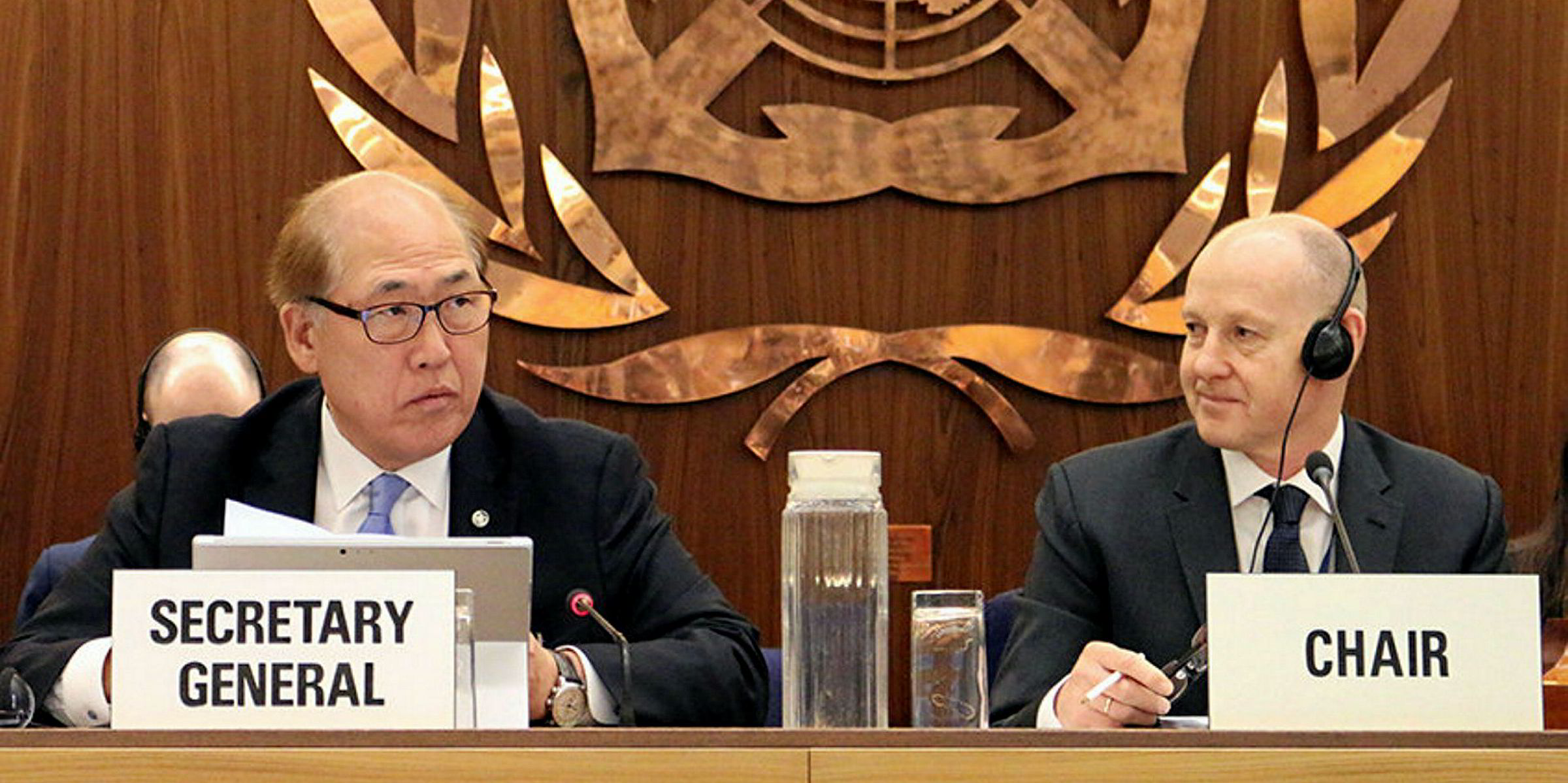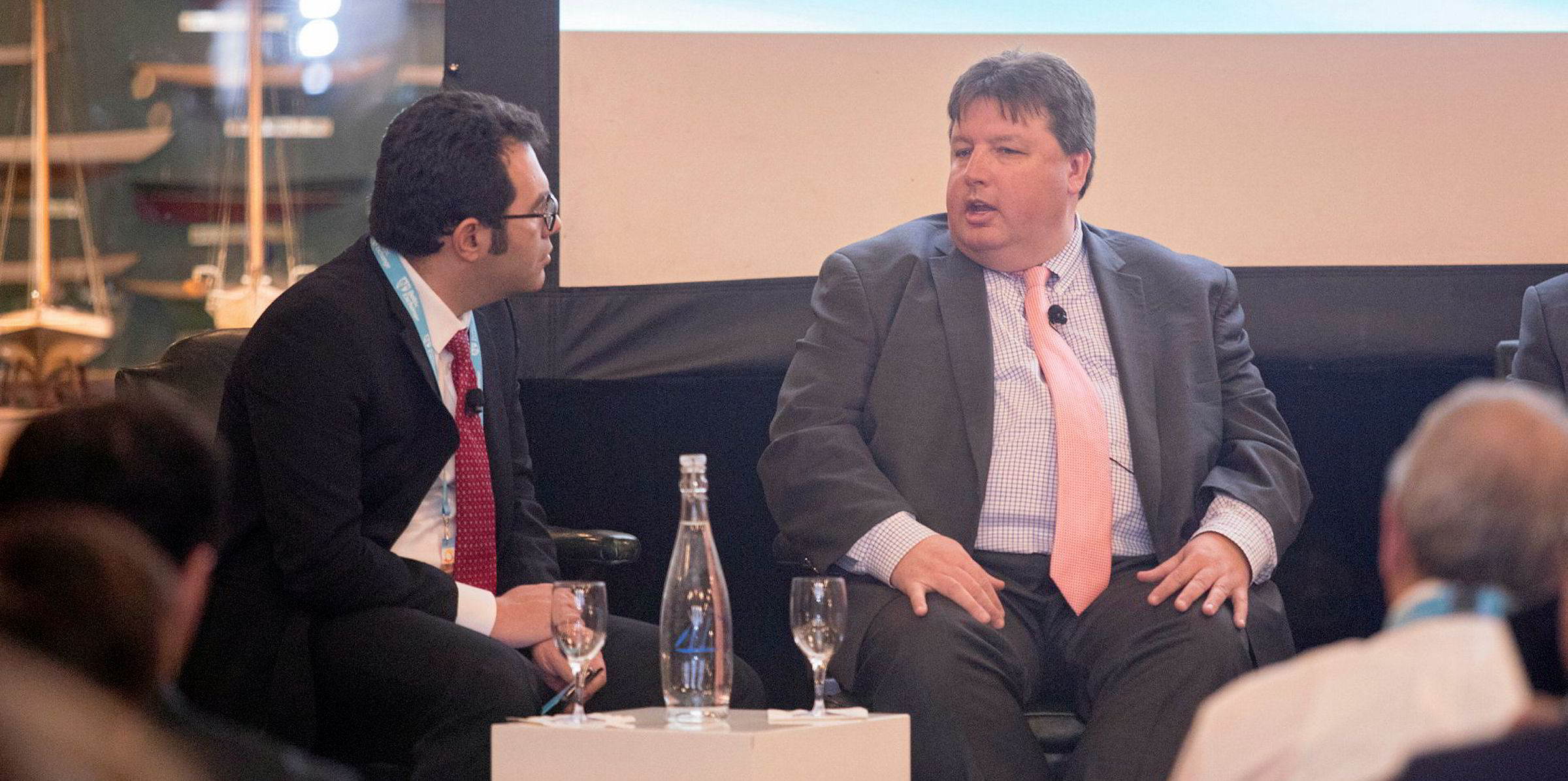A key IMO meeting has agreed that ships will be allowed to burn high-sulphur fuel oil after 1 January 2020 if they can prove they had legitimate concerns about the quality and safety of available compliant fuels.
The move comes in response to widespread industry worries that the new generation of blended low-sulphur fuel oil may be more prone to contamination from catalytic fines, leading to machinery breakdowns, engine failure and, in the worst cases, ship casualties.
This will take pressure off shipowners to bunker fuel when they may have reasonable concerns over its quality
IMO delegate
The concerns were heightened after a series of machinery breakdowns in an estimated 200 vessels last year related to fuel sourced in Houston, Texas, that was later found to be contaminated.
Compliance
This safety get-out clause will be added to the so-called “fuel oil non availability report”, known as a FONAR. Shipowners, through their flag state, can present a FONAR to port state control (PSC) to prove that compliant fuel was not available without it making an unreasonable deviation in its trading route.
Last week's IMO Pollution Prevention and Response 6 (PPR 6) meeting in London decided a basic format for the FONAR. In the report, owners must outline their attempts to secure compliant fuel, including local alternatives.
The shipowner will then request its flag state to notify in advance the port of destination through the FONAR that it has been unable to secure compliant fuel.
In mitigation for not being able to secure compliant fuel, the shipowner can also claim “operational constraints” that will include concern that the available compliant fuel is not safe for use.
An IMO delegate told TradeWinds: “This will take pressure off shipowners to bunker fuel when they may have reasonable concerns over its quality.”
The FONAR was one of a number of measures related to the IMO 2020 implementation decided at last week’s PPR 6 meeting. These included guidelines for fuel sampling and for the installation of onboard fuel sampling points on both newbuildings and existing ships.
Interim guidelines
It also drafted interim guidelines for PSC on how to handle ships with non-compliant fuels onboard after the carriage ban from 1 March 2020. This includes ships that bunker fuel in the belief that it is compliant, only later to find out through fuel testing that it is not the case.
However, it will be up to the PSC authority to decide if it forces vessels with non-compliant fuel onboard to debunker.
As another safety measure, the PPR 6 meeting decided that local authorities must test fuel from suppliers to ensure that it is compliant. There will be a requirement that all signatories to the The International Convention for the Prevention of Pollution from Ships (Marpol) “take all reasonable steps to promote the availability of fuel oils that comply with Marpol Annex VI”.





